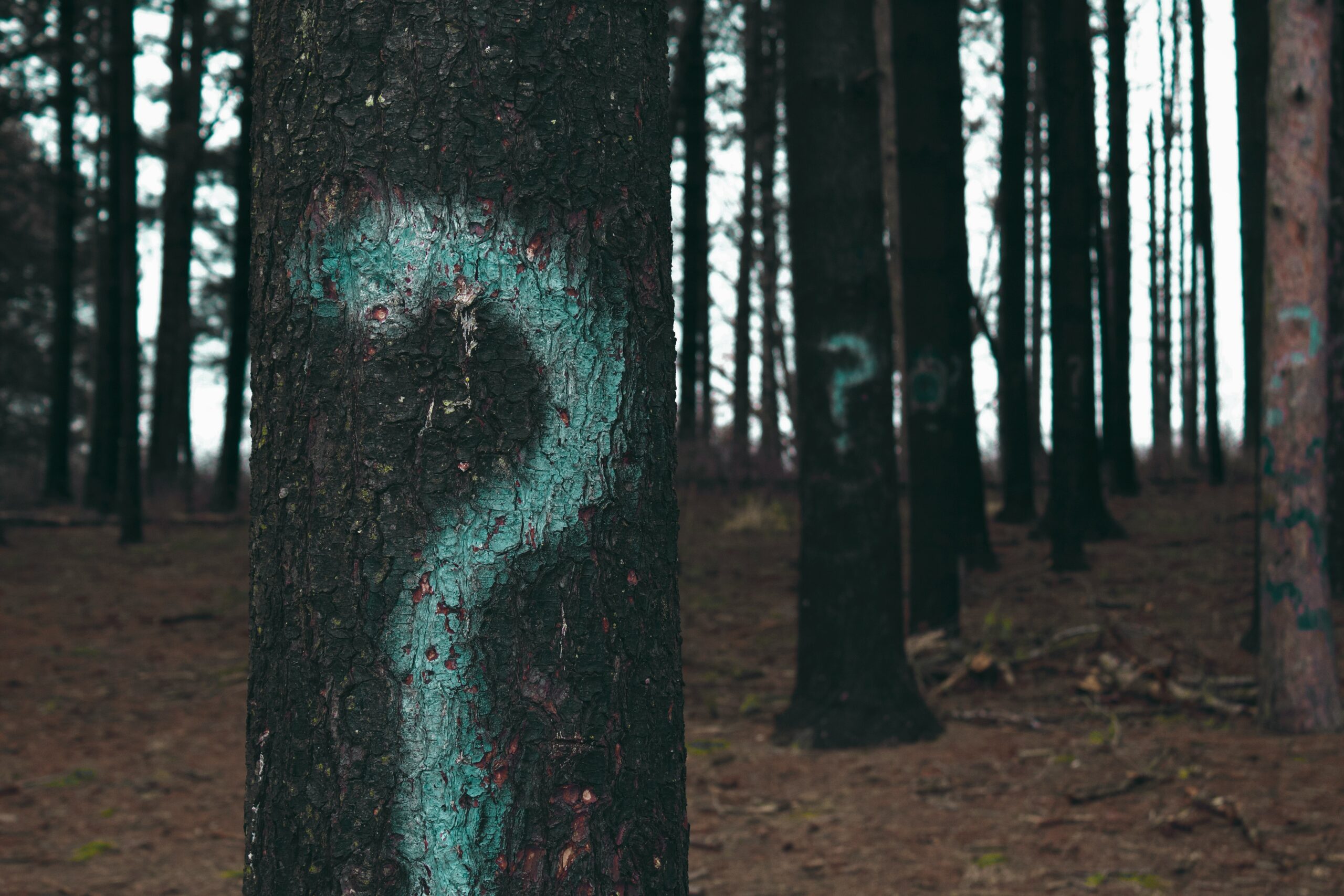Action is of the utmost importance. How could it be otherwise? How many people have said again and again that the utility of knowledge is in its application, that knowledge is useless unless applied to the world of action or taken advantage of for some ulterior purpose? Something has to be made of knowledge, they say.
And yet almost everything about my own experience, together with that of many others, has told me that knowing is not something that exists just for the sake of action. Thinking of knowledge and action together as a battle, in allusion to that lovely catchphrase trumpeted on the 80s television show G.I. Joe, I come to the conclusion that knowing is not exactly half the battle. Far from it—knowing is most of the battle. After the knowing, in the battle there is only a tiny remainder that pushes the matter right over the edge. We can call that action. The battle itself is ultimately in the knowing; that half-the-battle stuff, I would assert, is for the action-dependent, who reveals not the truth of things but a preference for acting over thinking, which is more difficult than it seems.
But why should thinking be so difficult as to constitute most of the battle? Truth, let it be known, is not an easy thing to digest. Most of my inward troubles over the years have been the indirect consequence of having to grapple with thoughts and ideas that, at least at the time, I would have preferred to avoid or ignore. This is because certain truths about human nature and even about existence itself are bitter and unpleasant—maybe even, in their own way, terrible and ridiculous. In our day and age, plenty of the symptoms that mental-health professionals have long since imputed to anxiety or depression or buried trauma are nothing more than a somaticized form of psychological indigestion—indigestion, that is, of thoughts and ideas that make themselves felt in the body. In this case, the bodily symptoms would then be the outward manifestation of a battle waged over thoughts, ideas, and realizations rather than some form of past experience or buried trauma.
This line of thinking leads me to the idea that education comes at a price, and often a very steep one. That schools and educators everywhere fail to convey the extent and dangers of that price is understandable; that they fail to convey that a price exists at all, inexcusable. And all knowing comes at a price: it is that of waging an internal battle that can be functionally understood as a battle of digestion. If the information is not digested, the battle is lost; if it is digested and thereby assimilated into the mass of existing information, it is won. A fine education would be the result of countless battles waged and won. A poor education, the result of countless battles lost or simply unwaged.
Depending on the person in question, the evident result of battles lost could be cognitive dissonance, mental struggles, loss of identity, alienation, perpetual therapy, or worse (though I have trouble imagining that it could get worse than perpetual therapy). The disclaimer for all education should be all the more universalized given that students and learners and, more broadly, human beings can find themselves thrust into battle without any choice. All of a sudden, they are battling over knowledge that was unforeseeable, and therefore not of their own doing, and that is no longer unknowable. As mentioned, you can only unlearn something at a steep psychological and somatic cost. This is part of the reasoning behind Nietzsche’s notion that knowing and wanting to know require a certain amount of self-cruelty. And it is that self-cruelty that underlies all education in the fullest sense of the word.
It is arguable that action is still more important than knowledge, that knowing is useless unless it is effectively applied because knowledge and knowing serve no actual, material purpose. They just sit idly in the mind. And while that would seem to be a rational argument, this line of assertions begs the question because it assumes that the things to which knowledge is supposed to be subordinate in the service of a practical result happen to be themselves worthwhile. That would be putting the cart before the horse, since knowledge and knowing are our only means of evaluating the utility of action or a given practical purpose.
There are entire lines of philosophical thought (a la Schopenhauer) that have arrived at the conclusion that action and existence itself are to be negated with a refusal, and this conclusion was the result of a long and vigorous process of none other than thinking. This, and not action, is the true a priori determinant of the validity and success of all action, which is just putting into practice the conclusions arrived at and the battles waged, won, and assimilated. Education, in the end, is our battleground; let us be worthy warriors, then, and not kid ourselves about the nature of knowledge.




